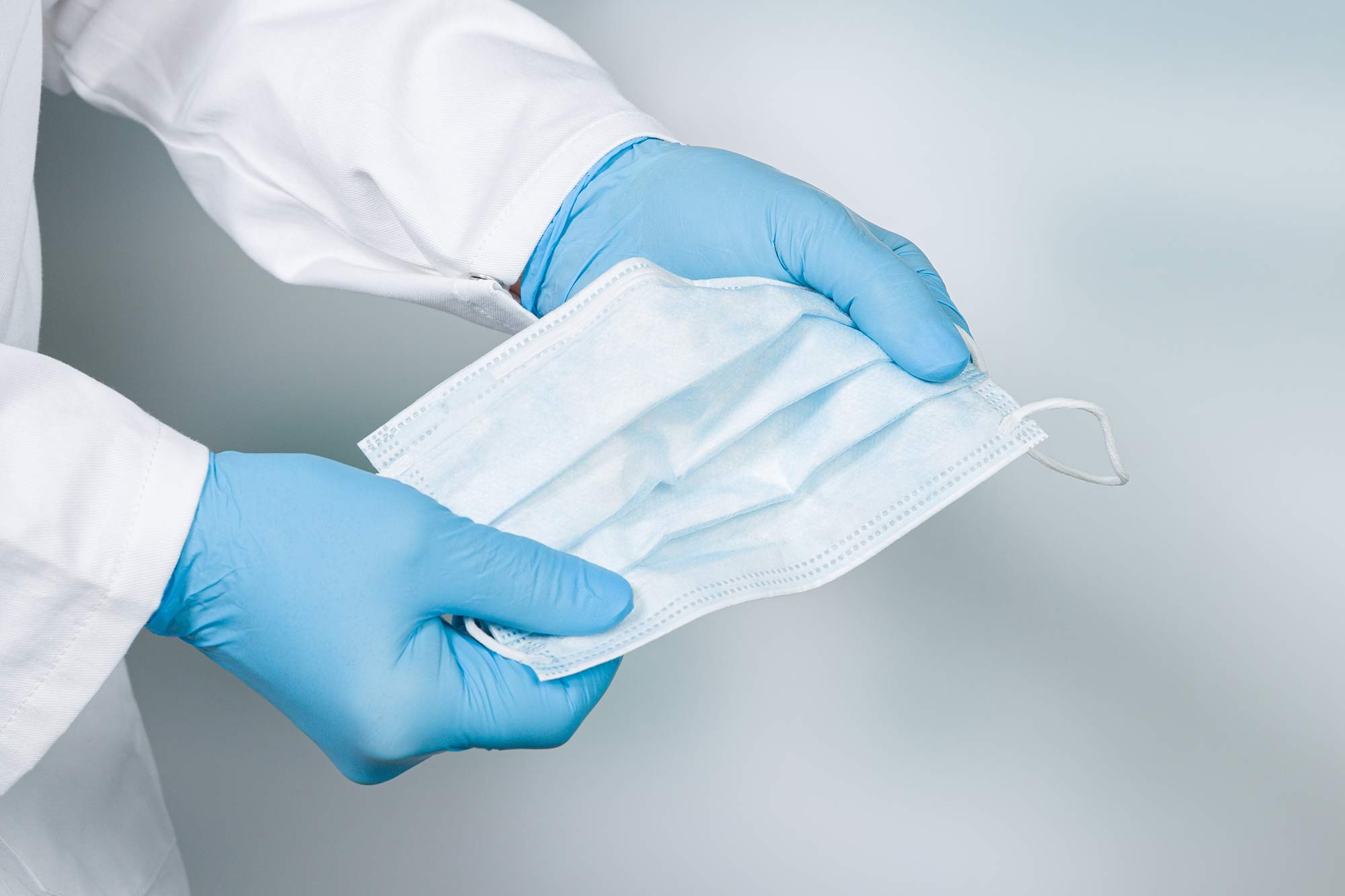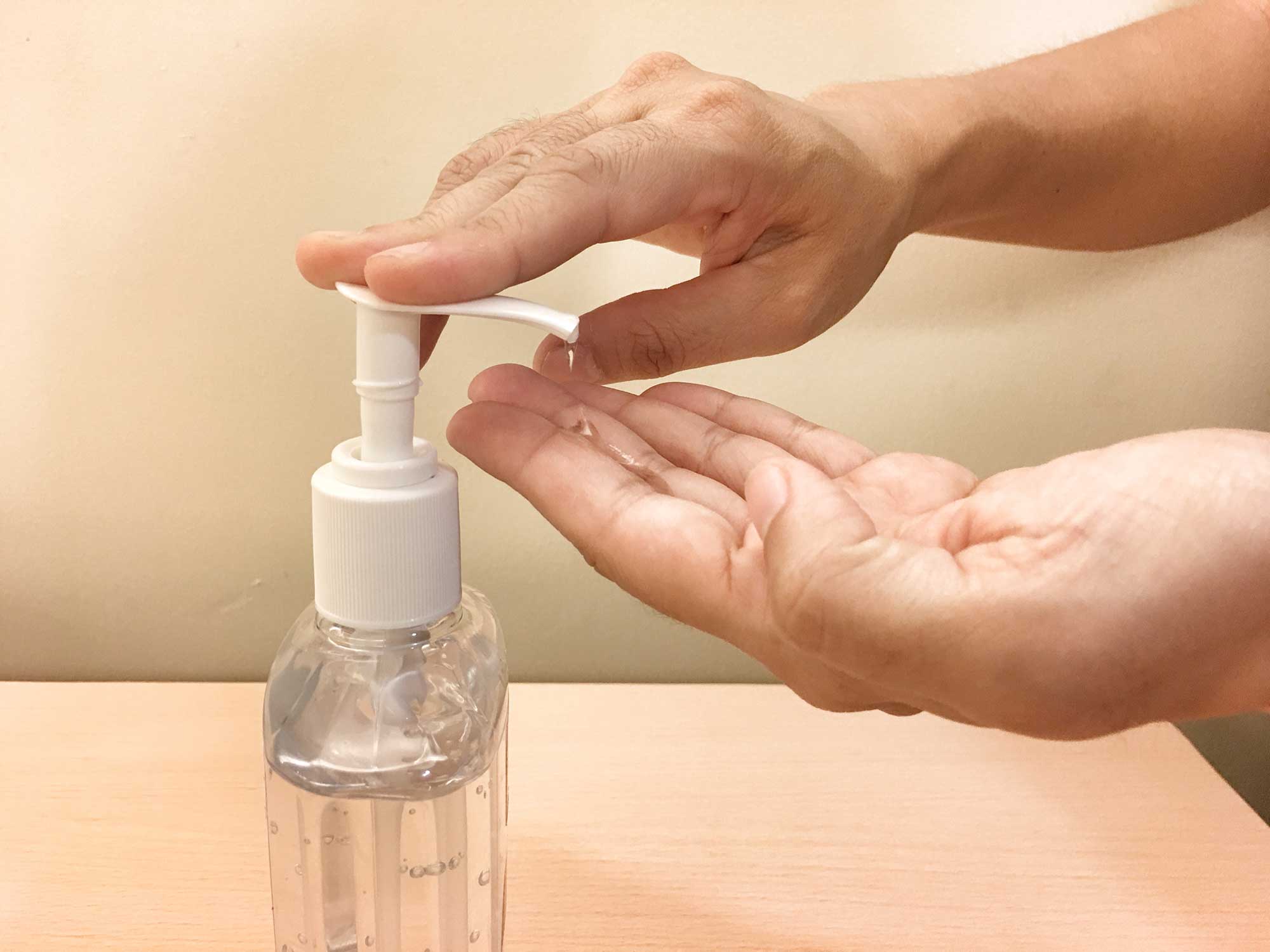 As coronavirus continues to disrupt on a global scale, dental professionals face a mounting challenge when it comes to delivering safe care.
As coronavirus continues to disrupt on a global scale, dental professionals face a mounting challenge when it comes to delivering safe care.
Number 10 says the UK is in the ‘delay’ phase of its response to the virus.
As of 9am on Monday 16 March, there are 1,543 confirmed cases of coronavirus in the UK. Latest figures also show that 55 people with the virus have died.
The rapid spread of COVID-19 means health and care professionals across the UK play a key role in detection and containment.
As part of its novel coronavirus standard operating procedure, NHS England states its main principles for primary care are:
- Identify potential cases as soon as possible
- Prevent potential transmission of infection to other patients and staff
- Avoid direct physical contact
- Isolate the patient and obtain specialist advice.
Additionally, it released more specific guidance for primary dental care settings and how practices should be operating during these challenging times.
How can my practice prepare for an incident?
All dental practices need to closely monitor new information. The Central Alerting System (CAS) is key for communicating urgent health information. Updating the practice’s website, online booking pages and appointment reminders with the relevant information is important.
Dental professionals can also consider creating links with local NHS primary care colleagues, including GP surgeries and pharmacies, to share knowledge.
An isolation room or area should be identified and decluttered of non-essential items and furnishings. A telephone should be set up for patient contact. Practices should also create a patient ‘support pack’ – including bottled water, disposable cups and cutlery, disposable tissues, a fluid-resistant surgical mask and a clinical waste bag.
Additionally, the practice should develop and rehearse its protocols and isolation procedures. It should also anticipate delays and impact on its schedule. For domiciliary visits, ‘home bags’ need to have additional PPE and clinical waste bags in case of a suspected coronavirus case.
How do I detect a potential case over the phone?
When contacting and talking to patients over the phone, dental practices should gather the patient’s recent travel history. The government website – gov.uk – should be checked at the beginning of the day to identify the key affected countries and areas. The following questions need to be asked:
- Have you been to any of the following Category 1 areas in the last 14 days (even if you do not have symptoms)?
- Have you travelled to any of the following Category 2 areas in the last 14 days and have a cough, high temperature or shortness of breath (even if it’s mild)?
- Have you been in close contact with someone with confirmed coronavirus?
If the patient answers ‘yes’ to any of the above, practices should then ask a secondary question:
- Have you been advised to self isolate?
Those in self isolation should not visit the practice. Patients can ring the practice seeking advice on urgent dental care. If treatment is required, the patient needs to call NHS 111.
Those patients not in self isolation should call 111 and provide the practice contact details. The practice will then be contacted after assessment. If the coronavirus definition is not met, the patient can attend the practice as normal.
What should I do if I detect a potential case in the practice?
Information and posters regarding the coronavirus need to be displayed so they can be read by patients before they enter the practice. They should also be displayed at the reception, in the waiting room, near touch screen booking devices and at patient access points in clinical areas.
Reception staff need to ask patients about their relevant travel history and health when they book in, following the same question pattern as above. If they answer ‘yes’, the patient should return home immediately.
What should I do if the suspected case is already in an appointment or is unwilling/unable to leave the practice?
If a patient is too ill or unwilling to leave the practice, they need to be isolated in a room or area away from other patients and members of staff. The patient should be assessed by calling NHS 111 on their own mobile phone or a delegated phone in the practice so they can easily receive follow up calls. If dental staff have to enter the room or area, they should be wearing personal protective equipment (PPE).
If a suspected case is identified during an appointment, dental staff should find a suitable and safe point to bring treatment to a close. They should then withdraw from the room, close the door and wash hands thoroughly with soap and water. If a patient is isolated in a room, the door should remain shut, windows should be opened and all air conditioning should be turned off until disinfection has taken place.
What should I do after the patient has been transferred from the practice?
If the patient had spent time in a communal area – such as a waiting area – which is used by other patients and staff, it should be cleaned with detergent and disinfectant as soon as possible. Once cleaned, the area is acceptable to use.
All waste from the suspected contaminated areas should be removed and quarantined until the patient’s test results are received. This can take up to 48 hours. If the patient is a confirmed case, the local health protection team can provide further advice.
The usual PPE equipment and protocols apply when cleaning. Hazmat equipment is not required. Disposable gloves and aprons should be readily available as part of routine cleaning and decontamination.
Do I need to close the practice if we handle a suspected case?
The practice may need to close temporarily to clean a communal area. In these cases, it should follow normal business continuity arrangements. Practices should remain open unless advised to close by the health protection team.
Do I need to self isolate if I was in contact with a suspected case?
No, self isolation is not required by staff members who handled a suspected unless it is directed by the health protection team.
Response from dental and health regulators
The General Dental Council (GDC) released a joint statement with other statutory health and care regulators last week.
It states that UK health professionals are likely to ‘face an increased burden’ as they helps control the outbreak.
Registered workers are to use their ‘professional judgement’ to evaluate risk to safe care.
Furthermore, it recognises professionals may need to deviate from established procedures to correctly care for patients.
The British Dental Association (BDA) encourages dental professionals to adhere to government guidance.
BDA chair Mick Armstrong said: ‘Our message to dentists is to remain focused, and keep on top of official guidance which will inevitably evolve as the situation develops. The number one priority should be maintaining safety of patients and staff.
‘Many practices continue to report issues with access to personal protective equipment. The onus remains on the authorities to maintain adequate supplies.
‘We are also working to ensure government provides NHS primary care dentists with flexibility around contract performance. Dentists should document cancelled appointments, to ensure they have grounds to seek force majeure relief.’
However, Richard Harris, head of compliance at BDA, has argued NHS coronavirus advice is not just useful for NHS practices – but private ones too.
Writing in a blog on the BDA website, he recommends all dental practices review the guidance.
Additionally, he proposes the appointment of a ‘COVID-19 lead’ in a practice setting.
The individual selected is responsible for collecting the latest information and guidance, and informing the rest of the staff.
Flexible inspections
The Care Quality Commission (CQC) is focusing its activity on where it is most needed.
It has pinpointed key principles to help it operate within the rapidly changing circumstances.
Areas where risk of good quality of care is highest will see the the most activity. It will support providers by acting flexibly to lessen the pressure of inspections. This includes reducing what providers need to do to prepare.
CQC chief, Ian Trenholm, said: ‘We will still be carrying out inspections, but inspection managers will be reviewing inspection plans on an ongoing basis to make sure our activity is aligned with the very latest position.
‘Most inspections will continue as planned in the short term. We will keep the position under review and may decide to postpone an inspection, perhaps with relatively short notice.’
‘We will take a pragmatic and flexible approach to how and when we regulate as and when this situation develops and we commit to continuing conversations with providers and their representative organisations.’
Relief for face mask pressure
NHS England has taken action to relieve the pressure on the dental demand for face masks.
The Commercial Directorate at the Department of Health and Social Care has allocated additional stock at a number of dental wholesalers.
These are Henry Schein, Dental Directory and Wrights.
Additionally, all three wholesalers said they will also be able to provide supplies to practices that are not already a customer.
However, dental practices may face quantity restrictions in a bid to counter stockpiling.
To access the supply, practices should telephone or email a supplier quoting ‘DHSC – face mask request’.
Indemnity advice
MDDUS are advising employers to send information to staff about any workplace measures that are in place to reduce risk.
The practice’s usual sick leave and pay entitlements apply if an employee has a suspected case of coronavirus.
Those who self isolate after receiving medical guidance are entitled to statutory sick pay (SSP). A recent announcement from the government means SSP will be paid from day one, rather than the usual day four.
Employers should speak to those employees who refuse to come to work. If there is not a genuine concern, the employee is not entitled to sick pay but could potentially apply for annual leave.
All concerns should be discussed, with the aim of reaching a mutual agreement or arrangement. One option could be the offer of flexible working.
If any employee refuses to attend work without good reason, employers can consider disciplinary action.



